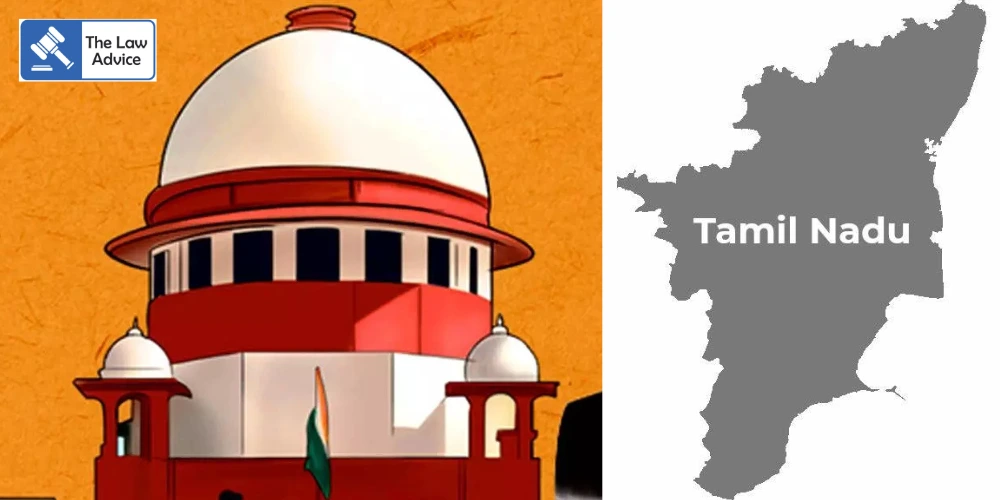New Delhi | August 6, 2025
Raising serious questions over the alleged withdrawal of prosecution sanctions against sitting and former ministers belonging to the Dravida Munnetra Kazhagam (DMK), the Supreme Court of India on Tuesday directed the Tamil Nadu Government to file an affidavit affirming that no such sanction was revoked without a proper investigation being completed.
A Bench comprising Justice Surya Kant, Justice Ujjal Bhuyan, and Justice N. Kotiswar Singh issued the directive while hearing a Public Interest Litigation (PIL) seeking a court-monitored probe and transfer of sensitive criminal cases against political leaders in the ruling party outside the jurisdiction of Tamil Nadu.
During the hearing, the Bench expressed concern over allegations that certain criminal cases against public functionaries—including ministers and legislators—were being derailed or diluted due to political interference.
“You [TN Govt] must categorically state on affidavit that no prosecution sanction granted against any minister or DMK leader was withdrawn without the investigation being completed,” the Court said firmly.
The Bench clarified that such an affidavit must be factually detailed and should cover all instances post the DMK’s assumption of power, including any revocation of prosecution permissions granted earlier by vigilance or law enforcement authorities.
The Attorney for the State of Tamil Nadu, while opposing sweeping allegations, assured the Court that the State had nothing to hide and would place a detailed affidavit on record within two weeks.
The PIL was filed by a Chennai-based advocate who flagged multiple instances where the State Government had allegedly revoked or delayed prosecution approvals, shielding powerful politicians from facing trial in corruption and disproportionate assets cases.
The petitioner argued that such withdrawals were done mid-investigation, which not only weakens the process of accountability but raises a constitutional question regarding misuse of executive discretion under Section 197 of the CrPC (which requires sanction to prosecute public servants).
The PIL has also sought:
• Transfer of sensitive cases against current ministers and MLAs to a neutral state or to be monitored by a Special Investigation Team (SIT);
• Court direction to frame uniform guidelines on withdrawal or denial of prosecution sanctions;
• Establishment of judicial oversight mechanisms to prevent arbitrary interference in criminal prosecutions.
The Supreme Court’s intervention indicates judicial concern over:
• Transparency in governance: Executive sanction powers must not shield public servants from lawful scrutiny.
• Erosion of accountability: Withdrawing prosecution mid-probe can derail justice and demoralize investigating agencies.
• Political influence on legal process: Ensuring insulation of criminal proceedings from political pressure is crucial for rule of law.
The Court’s directive sends a strong message that prosecution cannot be reduced to a political tool, and where ministers are concerned, the process must be beyond suspicion.
Case Title Public Interest Litigation (PIL) concerning prosecution sanctions and political interference
